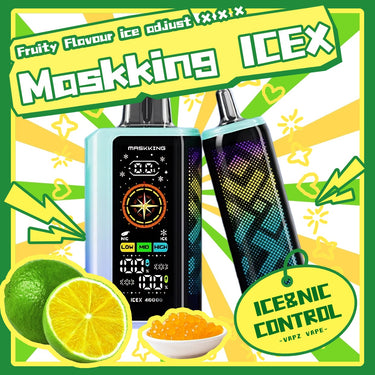Understanding CBD Dosages: How Much Should You Take?
The use of CBD (cannabidiol) for wellness has surged in popularity, thanks to its potential therapeutic benefits. However, determining the right dosage can be challenging for new users. With various forms of CBD available—oils, tinctures, capsules, edibles, and topicals—finding the optimal dosage requires careful consideration of several factors. In this article, we'll explore the basics of CBD dosages, factors that influence the right amount for you, and how to adjust your intake to achieve the best results.
What is CBD?
CBD is one of over 100 cannabinoids found in the cannabis plant. Unlike THC (tetrahydrocannabinol), CBD does not have psychoactive effects, meaning it won't get you "high." Instead, CBD is praised for its potential to alleviate symptoms of various conditions, including anxiety, pain, inflammation, and sleep disorders. Understanding how much CBD to take can enhance its benefits and help avoid potential side effects.
Factors Influencing CBD Dosage
Determining the correct CBD dosage is not a one-size-fits-all approach. Various factors influence how much CBD you should take, including:
- Body Weight: Generally, heavier individuals may require higher doses of CBD to experience its effects, while lighter individuals may need less.
- Metabolism: Metabolic rate can affect how quickly CBD is processed in your body. People with faster metabolisms may require higher doses.
- Severity of Condition: The condition you're treating with CBD can also dictate the dosage. More severe symptoms might necessitate a higher dose.
- Concentration of CBD: The strength of the CBD product, measured in milligrams (mg), will affect the dosage. For example, a product with a higher concentration will require smaller amounts to achieve the same effect.
- Individual Tolerance: Just like with any supplement or medication, individuals may develop a tolerance to CBD, requiring adjustments in dosage over time.
Types of CBD Products and Their Dosages
CBD is available in various forms, each with its own method of administration and dosage considerations. Here are some common types:
- CBD Oils and Tinctures: These are typically administered sublingually (under the tongue) for quick absorption. The concentration of CBD in oils can vary widely, so it’s important to read the label and follow the recommended dosage guidelines. When considering Full Spectrum CBD oil, it's essential to account for the presence of other cannabinoids and terpenes that can enhance the therapeutic effects through the entourage effect.
- CBD Capsules and Edibles: These are ingested and metabolized through the digestive system, leading to a slower onset of effects. The dosage is usually clearly indicated on the packaging, making it easier to control your intake.
- CBD Topicals: These are applied directly to the skin and are commonly used for localized pain and inflammation. Dosage can be tricky, as it depends on the amount of product used and the area of application.
- CBD Vapes: Vaping allows for rapid absorption of CBD through the lungs. Dosage can be challenging to measure accurately, so it’s best for those familiar with their CBD needs.
Calculating Your Ideal CBD Dosage
A common method to calculate the starting dose is to take 1-6 mg of CBD per 10 pounds of body weight. For example, if you weigh 150 pounds, a starting dose might range from 15 to 25 mg per day. This range allows for adjustments based on individual needs and responses.
Starting Low and Going Slow
When beginning your CBD journey, it’s advisable to start with a low dose and gradually increase it until you find the optimal amount for your needs. This method helps you avoid potential side effects and allows your body to adjust to the new supplement.
- Week 1: Start with the minimum recommended dose based on your weight.
- Week 2: If you haven’t experienced the desired effects, increase the dose by 5 mg.
- Week 3: Continue adjusting the dose incrementally until you achieve the desired results.
Monitoring and Adjusting Your Dosage
Keep a journal to track your CBD intake and the effects you experience. Note the following:
- Dosage amount and frequency
- Time of day taken
- Effects felt (positive and negative)
- Overall improvement in symptoms
This detailed record will help you identify the most effective dosage and make any necessary adjustments.
Consulting with a Healthcare Professional
While CBD is generally well-tolerated, it’s important to consult with a healthcare professional before starting any new supplement regimen, especially if you are taking other medications. A doctor experienced with CBD can provide personalized dosage recommendations based on your health history and current medications.
Conclusion
Finding the right CBD dosage requires a bit of experimentation and patience. By starting low, going slow, and carefully monitoring your responses, you can determine the optimal amount that provides the benefits you seek. Whether you choose Full Spectrum CBD oil, capsules, or another form, understanding your body’s needs and how it responds to CBD will help you achieve the best results. Always consult with a healthcare professional to ensure safe and effective use of CBD.









